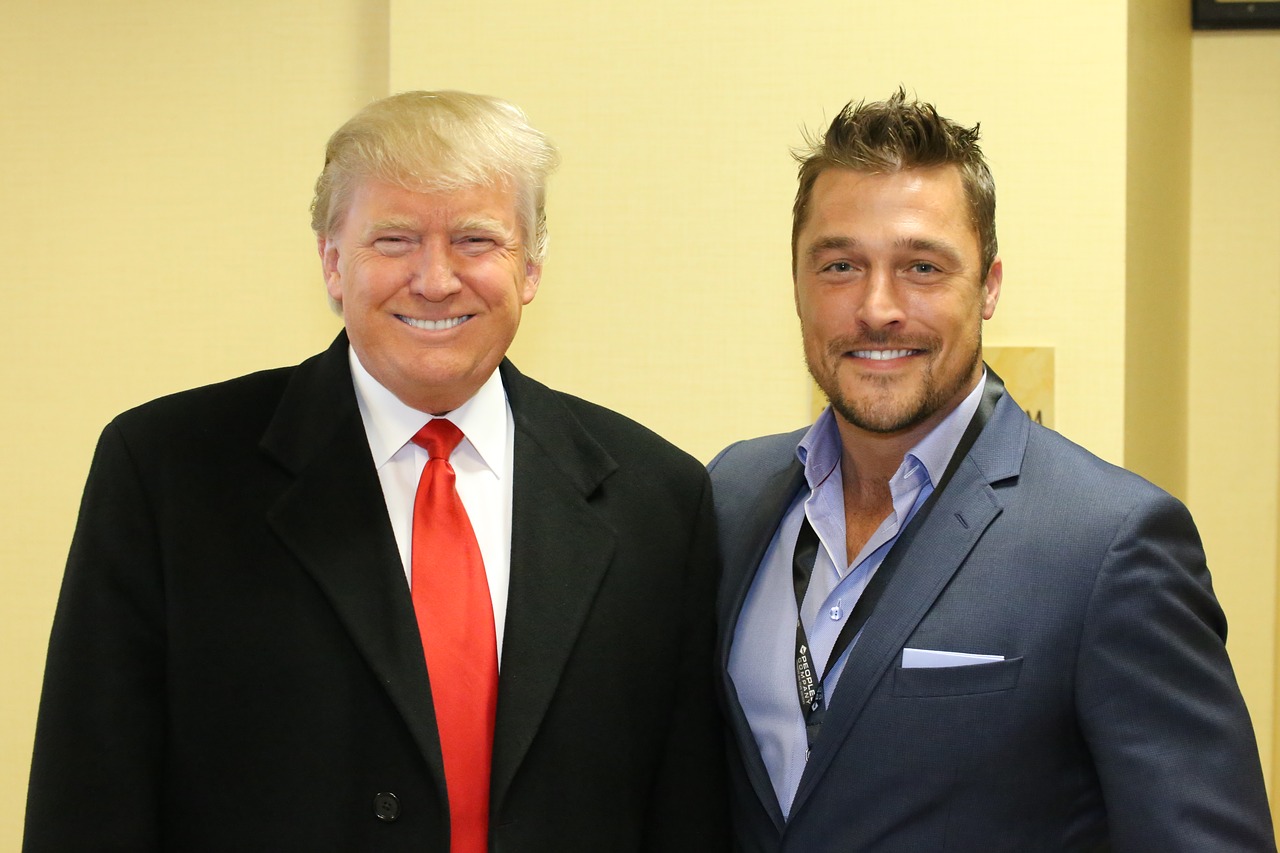Trump Accuses Fed's Lisa Cook Fraud
By Asmita - Aug 26, 2025
President Donald Trump has fired Federal Reserve Governor Lisa Cook over allegations of mortgage fraud, making it the first time in the Federal Reserve's 111-year history that a sitting president has dismissed a central bank governor. Trump accused Cook of falsely claiming two properties as her primary residences on mortgage applications, which she denies. Trump's move has triggered legal and constitutional questions on presidential power over the traditionally independent Federal Reserve. Cook's refusal to resign has led to a legal challenge against Trump's decision, with the Justice Department planning further investigation into the matter.

Donald Trump via Needpix.com
President Donald Trump has taken the unprecedented step of firing Federal Reserve Governor Lisa Cook, citing allegations of mortgage fraud. This marks the first time in the 111-year history of the Federal Reserve that a sitting president has dismissed a central bank governor. Trump accused Cook of falsely claiming two properties in Michigan and Georgia as her primary residences on mortgage applications, which could amount to mortgage fraud, a serious federal offense. The allegations were initially raised by William Pulte, Director of the Federal Housing Finance Agency and a known Trump ally. Cook was appointed to the Fed Board of Governors in 2022 by former President Joe Biden and has firmly denied any wrongdoing, stating she intends to continue her role and "compile accurate information" to respond to legitimate inquiries .
The controversy escalated when Trump publicly announced on social media that he was removing Cook "effective immediately," invoking his authority under the Federal Reserve Act of 1913, which allows a president to remove a governor "for cause." Trump asserted he had "determined that there is cause" to fire her based on the accusations. He criticized Cook for alleged "deceitful and potentially criminal conduct" related to financial transactions, stating this undermined trust in her integrity and capability as a financial regulator. However, this move has sparked legal and constitutional questions around the limits of presidential power over the Federal Reserve, an institution traditionally designed to operate with independence from political interference .
Cook’s mortgage loans in question date back to 2021, before she joined the Federal Reserve. The accusations hinge on her having declared both homes as primary residences, a designation that typically qualifies for more favorable mortgage terms. Pulte claimed Cook falsified loan documents and property records to secure these terms. Despite the allegations and Trump's removal order, Cook refused to resign, maintaining that she has "no intention of being intimidated." Her legal team has challenged the validity of Trump's firing, arguing the president lacks the authority to remove her without appropriate cause under the law. The Justice Department announced an intention to investigate the matter further, but no charges have been filed against Cook at this time .
This firing deepens the ongoing conflict between Trump and the Federal Reserve leadership, whom Trump has frequently pressured to lower interest rates to stimulate economic growth. The independent status of Federal Reserve governors is typically safeguarded by fixed terms that outlast presidential administrations; Cook’s term extends until 2038. The traditional practice since the 1970s has been to avoid politically motivated removals to maintain public confidence in U.S. monetary policy. The question now is whether Trump’s action will withstand legal scrutiny or set a precedent for increased presidential intervention in Federal Reserve governance .


